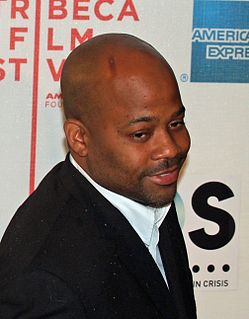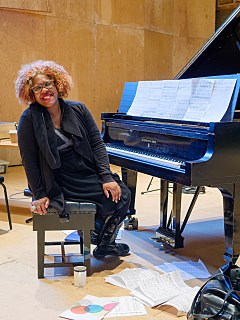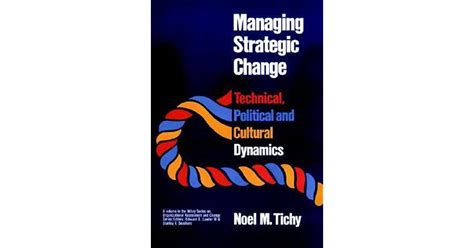A Quote by Margaret Heffernan
Companies don't have ideas. Only people do. And what motivates people are the bonds of loyalty and trust they develop around each other.
Related Quotes
When the trust is high, you get the trust dividend. Investors invest in brands people trust. Consumers buy more from companies they trust, they spend more with companies they trust, they recommend companies they trust, and they give companies they trust the benefit of the doubt when things go wrong.
I’ve been friends with all these people for so many years now…. I’m so lucky to have Jennifer [Lawrence] and Josh [Hutcherson] and Woody [Harrelson] and all these other great people. We’ve created really strong bonds. It’s like high school because we’ll mess around for half the day and then we’ll do a little bit of work. Everyone’s goofing around and trying to mess each other up.
I'm never gonna owe money because every time I get a dollar, I put it into another business, whether it's to buy goods or develop other companies. You don't have money; you have companies. That's one business model. That's mine. And I only associate with other people that are putting up their own money, 'cause they're the only ones that can relate.
What we're trying to do in conversational intelligence is not only define that trust continuum for people, not only helping them notice, which is so important, what's happening in them and others when distrust lives, but also how to bring people in trust. When they do, what happens, this part of our brain, the prefrontal cortex is loaded with wisdom, integrity, strategy, insights, empathy, foresight. It's beautiful. It's so designed for that, and often it's turned off because people don't have trust with each other.
A community is the mental and spiritual condition of knowing that the place is shared, and that the people who share the place define and limit the possibilities of each other's lives. It is the knowledge that people have of each other, their concern for each other, their trust in each other, the freedom with which they come and go among themselves.
So one of the profound things we found when studying these congregations, the mixed ones, is just how much overlap and interracial ties that develop not only with the people in the congregation, but they start meeting each other's families, and their friends, and they go to each other's neighborhoods if they live in different neighborhoods, and at work they meet people they wouldn't otherwise met, and so it creates a whole new definition of what the group is.
I'm just gonna keep growing as an artist, and I'm excited to work with different people and learn from all these other talented, creative people that I've been around. It's so inspiring to be around other people who have ideas you haven't thought of, and all of a sudden you're like, 'Wow! That's so amazing!'
The rules of engagement around building a brand have changed significantly over the past 10 to 15 years. Where companies at one time could spread their message through traditional marketing, consumers now seek an enduring emotional connection with the companies they patronize. The foundation of that connection is the most important characteristic of building a world-class brand: trust. Trust with your people and trust with your customers.


































